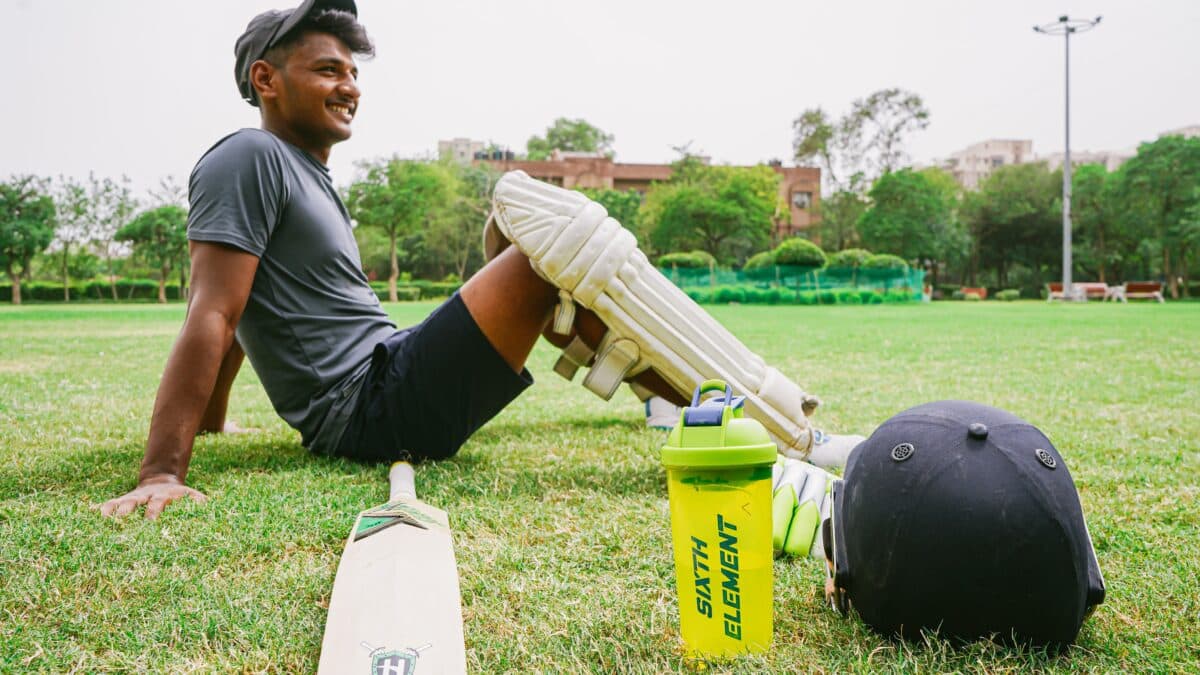As someone with decades of experience in sports performance, I have seen countless athletes make the mistake of training too much without giving their bodies enough time to rest and recover. While it may seem counterintuitive, rest and recovery are crucial aspects of athletic performance.
Why Is Resting So Important?
When we train, we put our bodies under stress, which can lead to small tears in our muscles and inflammation. While this stress is necessary to improve our strength and endurance, it is important to give our bodies time to recover in order to see the full benefits of our training. Without proper rest and recovery, we risk injury, burnout, and decreased performance.
How To Rest As An Athlete
Active vs Passive Rest
Rest and recovery can take many forms, including active recovery, passive recovery, and sleep. Active recovery can include activities such as light jogging, stretching, or yoga. These activities can help increase blood flow and promote healing. Passive recovery, on the other hand, can include activities such as massage, ice baths, or simply taking a day off from training. Sleep is also crucial for recovery, as it is during this time that our bodies repair and rebuild.
Rest Does Not Equal Laziness
It is important to note that rest and recovery are not the same as laziness or inactivity. In fact, incorporating rest and recovery into our training plans can actually lead to better performance. By allowing our bodies time to recover, we are able to train harder and more effectively during our next workout.
Rest Helps Avoid Burnout
In addition to physical recovery, rest and recovery are also important for our mental health. Overtraining can lead to burnout and mental exhaustion, which can have a negative impact on our motivation and enjoyment of our sport. By incorporating rest and recovery into our training plans, we are able to maintain our mental well-being and avoid burnout.
Conclusion: Resting & Recovering
As athletes, it can be tempting to push ourselves to our limits in pursuit of our goals. However, it is important to remember that rest and recovery are just as important as training itself. By incorporating active and passive recovery, getting enough sleep, and avoiding overtraining, we can maximize our athletic performance and maintain our mental well-being. So the next time you feel guilty for taking a day off from training, remember that rest and recovery are crucial aspects of being a successful athlete.

